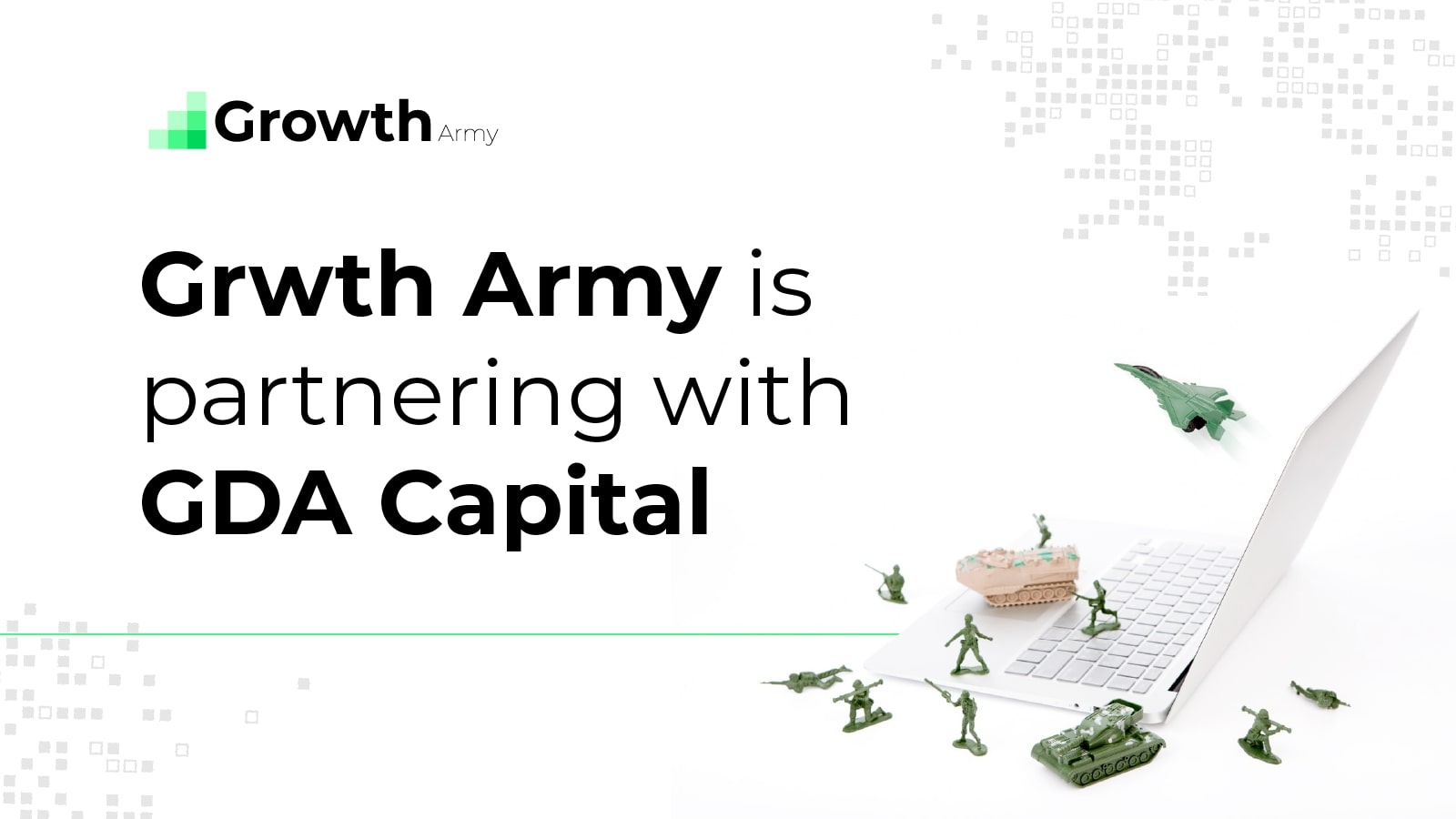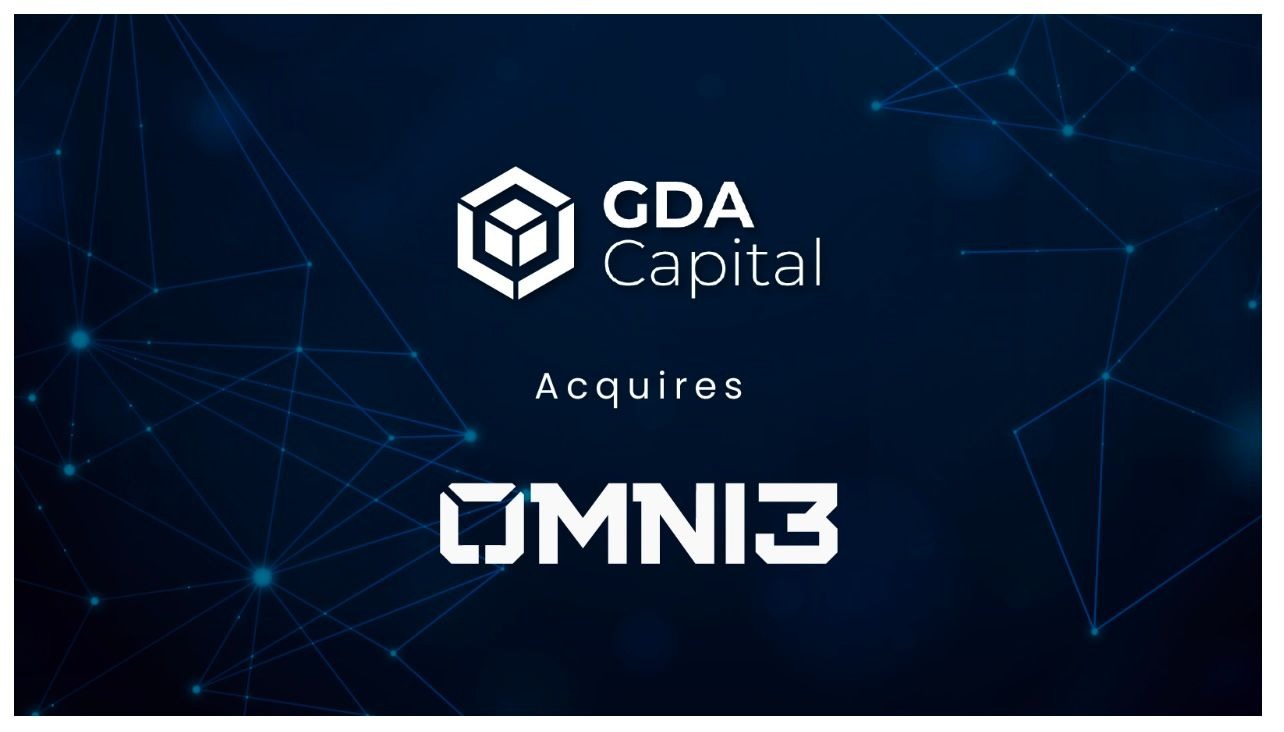A new segment of the digital economy seems to be getting plenty of attention. The “metaverse” is still an amorphous concept, but there are some indications that this could be a huge opportunity for investors, developers and corporations.
Here’s a closer look at just how big this nascent sector is today and how big it could be if it lives up to its true potential.
How big is the metaverse?
The metaverse isn’t clearly defined yet. The definition could be as narrow as “interactive virtual worlds accessible through VR headsets,” to as broad as the entire internet as it exists today.
However, Bloomberg analyzed data from a few different sources and defined the metaverse as a combination of gaming hardware, gaming software, digital advertising and live experiences in digital worlds. According to this definition, the metaverse was worth roughly $478.7 billion in 2020.
That’s roughly the same size as the home services industry in the United States. However, the metaverse is attracting more capital and growing much faster than most traditional sectors of the economy.
The long-term opportunity
Based on Bloomberg’s analysis, this segment could grow at a compounded annual rate of 13.1% for the foreseeable future. By 2024, the market could be worth $783.3 billion – nearly triple the size of the gaming software and services sector today. By that measure, it won’t be long before the metaverse is a trillion-dollar industry. If it were a country, it would be one of the largest economies in the world.
Source: Bloomberg
Tapping into the opportunity
Given the size of the opportunity, it’s no surprise that some tech giants are already in a heated battle for dominance. Facebook and Microsoft seem to have taken an early lead.
Facebook even went as far as to change its corporate name to Meta. The company believes the metaverse is a natural evolution of social media and is developing the Oculus headset along with Horizon Worlds to enable this.
Microsoft, meanwhile, is focusing on enterprise applications. The company is building a new platform called Mesh that will combine its Hololens augmented reality headsets with enterprise apps like Teams to create a virtual world for professionals. The team believes this platform could be an essential part of education and business in the future.
However, corporate giants aren’t the only ones involved in this space. Many believe that a successful metaverse platform may need a grassroots approach to drive engagement and blockchain technology to add value. Axie Infinity is a good example of this. The online game has used blockchain technology to kickstart a self-contained digital economy. NFTs and love potions are traded across the ecosystem by thousands of players spread across the world.
The future of work, education, marketing and collaboration could look a lot like this game.
Bottom line
The metaverse is rapidly becoming one of the largest segments of the digital economy. Tech giants are already involved, but blockchain-based games and decentralized applications could be a critical component of these future virtual worlds.



